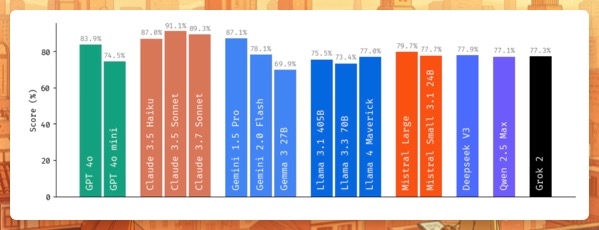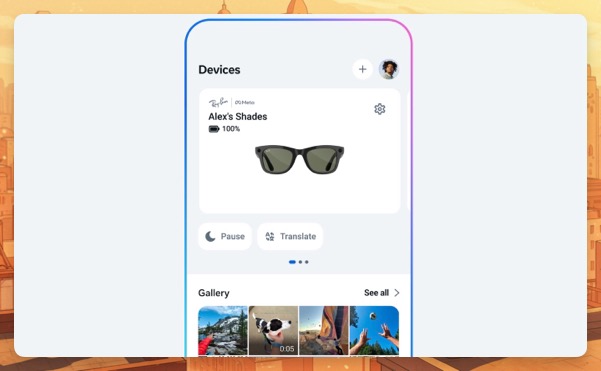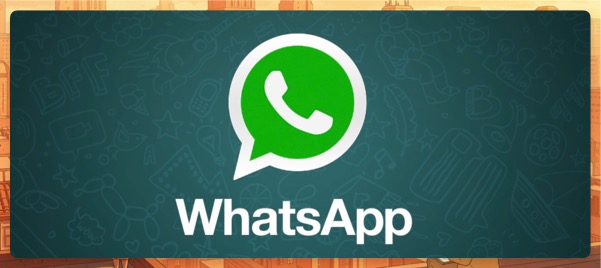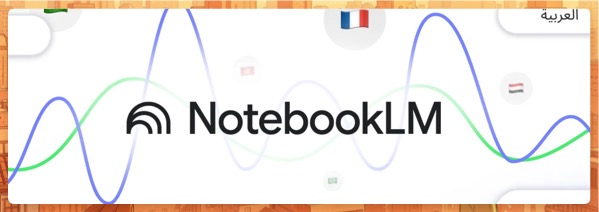Search Disrupted Newsletter (Issue 13)
Good vs Correct AI Answers, Meta AI Goes Solo, WhatsApp opens doors to ChatGPT and Perplexity AI, and Practical Use Cases for NotebookLM
Good Answers Are Not Necessarily Factual Answers
Phare’s new benchmark reveals that leading LLMs confidently produce fabricated information despite sounding authoritative. Their evaluation of models from eight AI labs shows these systems regularly generate completely fabricated details when handling misinformation queries.
The benchmark tests models on factuality, misinformation resistance, debunking capabilities, and tool reliability. Three key findings stand out:
- Popular isn’t truthful: Models ranking highest in user satisfaction benchmarks are often the worst at avoiding hallucination - the most “helpful” AIs might be confidently lying.
- Question framing matters: Models are 15% less likely to correct false information when presented confidently versus tentatively.
- Brevity breeds errors: Instructions for conciseness dramatically increase hallucination rates by up to 20%.
For SEOs, these findings highlight a critical opportunity: brands must proactively fill AI knowledge gaps about their products and services. To prevent AI hallucinations about your clients:
- Create comprehensive, factual branded content that clearly states what your client does (and doesn’t) offer
- Use Knowatoa to monitor how AI systems represent your clients by regularly testing commercial queries
Remember, when AI models lack solid brand information, they’ll confidently generate plausible but potentially damaging fabrications about your clients. The time to address these gaps is now before these hallucinations become accepted as fact.
Read the full analysis on Giskard.ai

Meta AI Goes Solo to Battle ChatGPT
Meta AI just launched its standalone app powered by their Llama 4 model, directly challenging ChatGPT, Claude, Gemini, and Grok in the increasingly crowded AI assistant space. The new app features a Discover feed that shows how others interact with the tool and offers various prompts to help users get started.
This move follows Meta’s broader strategy of integrating AI across its ecosystem of platforms. Meta’s AI ambitions are massive - as of January, their AI assistant already had approximately 700 million monthly active users, and they’re planning to spend up to $65 billion on AI infrastructure this year alone.
Zuckerberg is betting big on this standalone app as part of his vision for AI dominance. He believes 2025 “will be the year when a highly intelligent and personalized AI assistant reaches more than 1 billion people” and expects Meta AI to be that leading assistant.
This launch reinforces what I’ve been calling “search is eating the world” - where social platforms desperately want to become search engines, and search engines are trying to absorb social functionality.
https://www.cnbc.com/2025/04/29/meta-launches-standalone-ai-app-to-take-on-chatgpt.html

WhatsApp opens doors to ChatGPT and Perplexity AI
While Meta is shipping their dedicated AI apps, WhatsApp (which they own) integrates ChatGPT and Perplexity AI directly into its messaging platform.
Add their phone numbers as contacts (+1-800-242-8478 for ChatGPT, +1-833-436-3285 for Perplexity) and instantly connect to these AI tools without leaving the app.
This creates yet another search “surface” where AI is embedding itself in daily communication, particularly valuable in regions where WhatsApp dominates. The zero-friction approach means users can get real-time search results, generate images, and access AI assistance within their existing chat workflows.
Link: SumoGrowth Newsletter

NotebookLM Update and Practical Use Cases
Google’s NotebookLM’s cleverest feature is its ability to take source documents (including websites) and generate an audio podcast discussing the content.
I’d always considered this a bit like a talking dog (impressive, but not helpful).
But a HackerNews thread about NotebookLMs language updates has turned me around with people describing real-world uses like:
- Homeschooling families using NotebookLM for audio learning highlights
- Engineers uploading technical PDFs for quick reference
- Book readers leveraging NotebookLM as a reading companion
- YouTube viewers using it to summarize long videos
- Travel planners generating custom itineraries from various sources
- Developers using NotebookLM to explain technical code to non-technical audiences
While there are certainly some parallels to SEO work, what I think is most interesting is the new way this is blending and distorting the “search” experience.
Link: HN Thread
Thanks
I’ve been in NYC this week at the first-ever SEOWeek conference. It’s been great meeting many folks I’ve only ever met online, catching up with old friends, and deeply enjoying the talks.

p.s. It would really help me out if you could Follow me on LinkedIn

